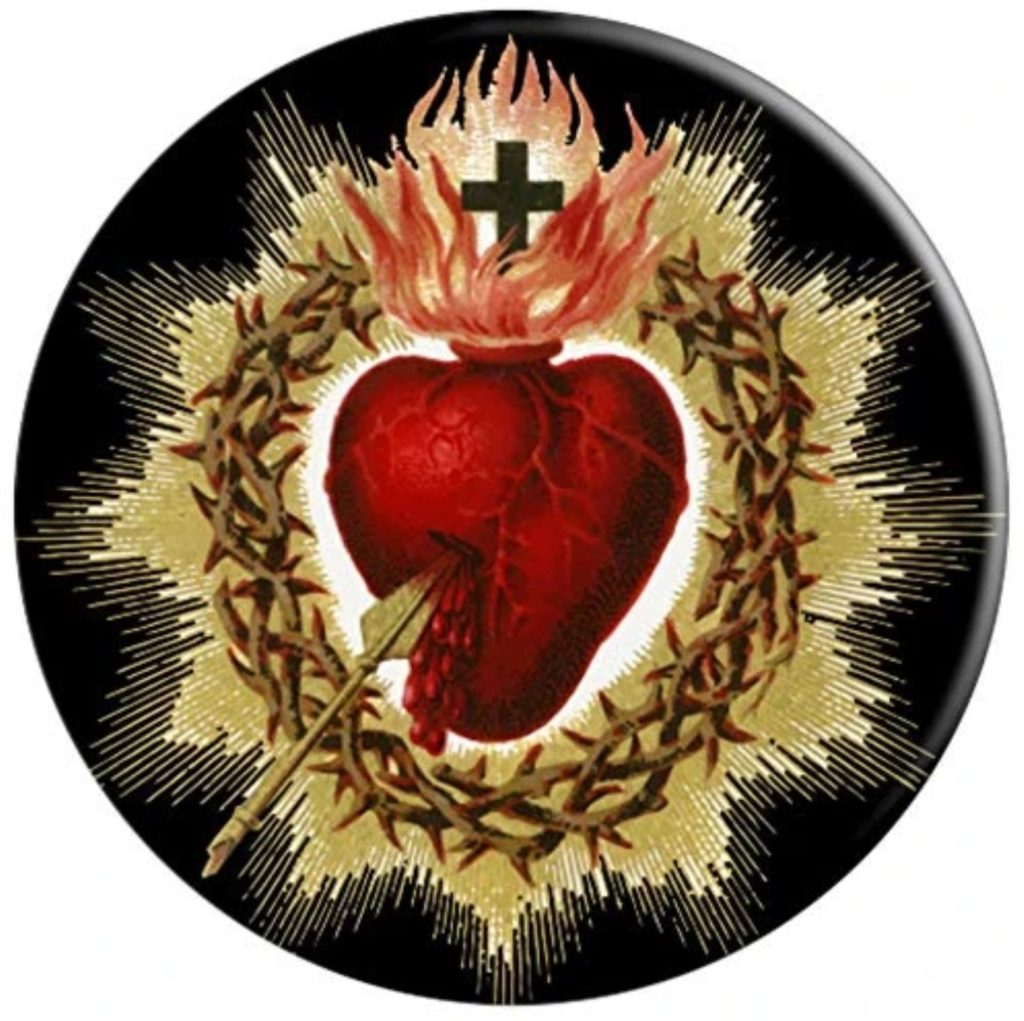
Friday, August 21, 2020 –
Today we get to talk about the fun topic of everlasting damnation, or as it is commonly known in the four last things: HELL.
Much like heaven, hell is a bit difficult for our minds to wrap around. There is no greater joy than Heaven—being face-to-face with God, your creator, in utter and sublime adoration for all eternity. Likewise, there is not greater sorrow, no greater punishment, than an eternity absent from the Almighty.
Here is what the Catechism says about hell:
1033 We cannot be united with God unless we freely choose to love him. But we cannot love God if we sin gravely against him, against our neighbor or against ourselves…Our Lord warns us that we shall be separated from him if we fail to meet the serious needs of the poor and the little ones who are his brethren. To die in mortal sin without repenting and accepting God’s merciful love means remaining separated from him for ever by our own free choice. This state of definitive self-exclusion from communion with God and the blessed is called “hell.”
1034 Jesus often speaks of “Gehenna” of “the unquenchable fire”” reserved for those who to the end of their lives refuse to believe and be converted, where both soul and body can be lost. Jesus solemnly proclaims that he “will send his angels, and they will gather . . . all evil doers, and throw them into the furnace of fire,” and that he will pronounce the condemnation: “Depart from me, you cursed, into the eternal fire!”
1035 The teaching of the Church affirms the existence of hell and its eternity. Immediately after death the souls of those who die in a state of mortal sin descend into hell, where they suffer the punishments of hell, “eternal fire.” The chief punishment of hell is eternal separation from God, in whom alone man can possess the life and happiness for which he was created and for which he longs.
1036 The affirmations of Sacred Scripture and the teachings of the Church on the subject of hell are a call to the responsibility incumbent upon man to make use of his freedom in view of his eternal destiny. They are at the same time an urgent call to conversion…
1037 God predestines no one to go to hell; for this, a willful turning away from God (a mortal sin) is necessary, and persistence in it until the end. In the Eucharistic liturgy and in the daily prayers of her faithful, the Church implores the mercy of God, who does not want “any to perish, but all to come to repentance”…
And for our bullet point breakdown:
- Hell is forever
- The eternal punishment of hell is something we inflict on ourselves
- God does NOT predestine anyone for hell
- God does NOT want anyone to go to hell; He wants you to choose to love Him, do His Will, and be with Him for all eternity in heaven
- It is our turning away from God in sin (our own choices!!) that separate us from Him
- Those who die in a state of mortal sin suffer the eternal punishment of hell
- The “eternal fire” is our separation from God
- There is no greater punishment than eternal separation from God because it is in God that we find our happiness and purpose
- The Church teaches us about hell so we can freely choose to do good and avoid sin; we have a responsibility to use our free will wisely in view of our eternal destiny
So there you have it. We covered the four last things: DEATH, JUDGMENT, HEAVEN, and HELL. Tomorrow and the next day we will wrap up with a short discussion on purgatory and answer some off-the-wall crazy about what the four last things are NOT.
Heart of Jesus, our life and resurrection, have mercy on us.
